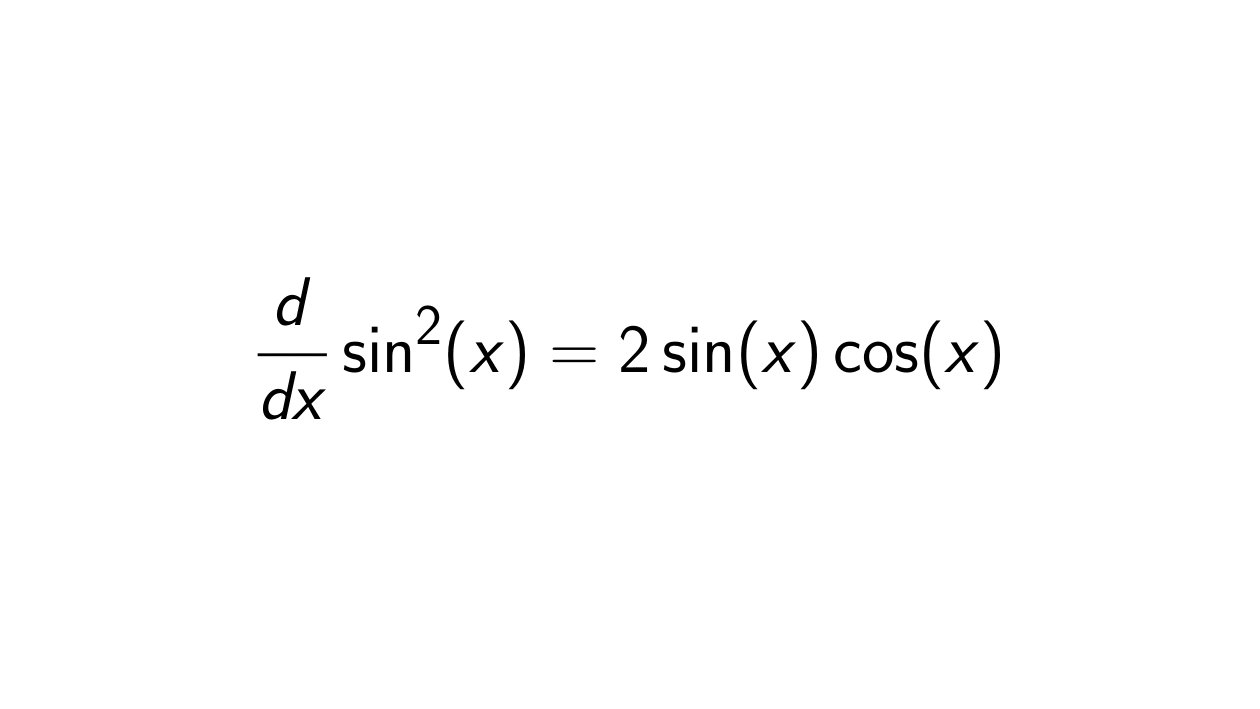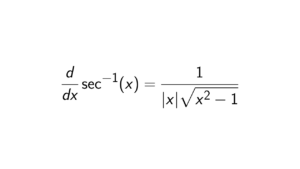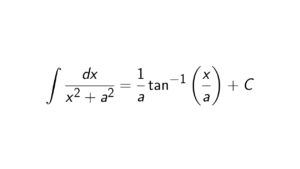Proof 1. Let F(x) = \sin^2(x), f(u) = u^2 and g(x) = \sin(x) such that F(x) = f(g(x)). We will use the chain rule:
\begin{align*}
F'(x) = f'(g(x))g'(x).
\end{align*}\begin{align*}
f'(g(x)) = 2g(x) = 2\sin(x) \quad \text{and} \quad g'(x) = \cos(x).
\end{align*}\begin{align*}
F'(x) = f'(g(x))g'(x) = 2\sin(x)\cos(x).
\end{align*}\begin{align*}
f'(x) = 2\cos(x)\sin(x).
\end{align*}\begin{align*}
\sin^2(x) = \sin(x)\sin(x).
\end{align*}\begin{align*}
(\sin(x)\sin(x))' = (\sin(x))'\sin(x) + \sin(x)(\sin(x))'.
\end{align*}\begin{align*}
(\sin(x))'\sin(x) + \sin(x)(\sin(x))' = \cos(x)\sin(x) + \sin(x)\cos(x).
\end{align*}\begin{align*}
h'(x) &= (\sin(x)\sin(x))' \\
&= (\sin(x))'\sin(x) + \sin(x)(\sin(x))' \\
&= \cos(x)\sin(x) + \sin(x)\cos(x) \\
&= 2\cos(x)\sin(x).
\end{align*}

